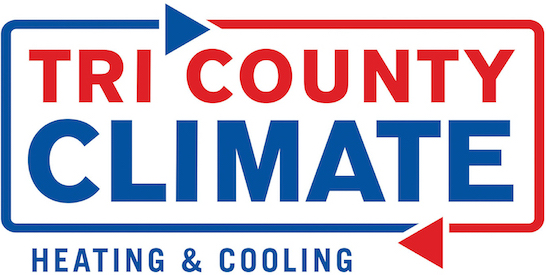
Major changes are coming for the heating and cooling business! Cooling systems shifting from R-410a to newer refrigerants like R-454B refrigerant and R-32 refrigerant will be arriving in 2025. These new coolants are developed to be friendlier to the environment and comply with revised regulations about global warming. But what does that mean for your existing HVAC system and future services?
This change will decrease the environmental footprint of our air conditioning systems. Starting with 2025, new AC systems will use an alternative class of refrigerants that more closely match with climate goals. If you're considering getting an AC replacement soon, this is the opportune time to explore how these new refrigerants can influence your home's comfort.
Why Is R-410a Refrigerant Being Phased Out by New Regulations?
For a long time, R-410a was the standard refrigerant for residential air conditioners because of its effectiveness. But analysis revealed that R-410a still contributes to global warming. In response, the Environmental Protection Agency (EPA) enacted an initiative back in 2021. The industry will progressively phase out R-410a to introduce refrigerants that are better for the environment.
The HVAC industry has made transitions like this before. When the industry moved away from using R-22 (commonly called Freon) to R-410a, homeowners like you had to adjust. And in the same way, this transition will affect how systems are constructed as well as the best practices for HVAC maintenance. Both property owners and HVAC technicians need to plan for these new refrigerants if they want to keep experiencing the safest, most energy-efficient cooling possible.
Which New Refrigerant Is Replacing R-410a?
The upcoming refrigerants fall under the new "A2L" classification and include the newest R-454B refrigerant and R-32 refrigerant coolants. They're designed to deliver the same effective cooling while greatly lowering their global warming potential (GWP) compared to R-410a.
R-454B refrigerant is expected to be particularly useful due to its GWP being approximately 78% less than R-410a. While R-454B refrigerant is actually more flammable than R-410a, enhancements to system configurations and maintenance practices will ensure servicing is just as safe to perform. Additionally, today's cooling systems using R-454B refrigerant are considerably more energy efficient, contributing to substantial savings on energy bills over time, especially if you maintain your system with routine HVAC maintenance.
This switch isn't simply about substituting the refrigerant—it affects the whole HVAC system because the characteristics of R-454B refrigerant make it incompatible with older systems. In time, every residence and business using R-410a will have to switch to one of the new systems.
R-410a Replacement: What Do I Need to Do to Switch to New HVAC Refrigerants?
Changing to the new refrigerants isn't as straightforward as swapping out the new coolants with what's used in your current HVAC system. That's because the unique properties of R-454B refrigerant and R-32 refrigerant make existing R-410a systems incompatible. But don't be concerned—you can still use your current R-410a system for now. Just remember that as time passes, the cost of repairs and tune-ups will go up as R-410a becomes scarcer.
Preparing in advance is the optimal way to stay on top of things. If your AC system is already aging, this is the perfect time to consider upgrading to a newer model that uses the new R-454B refrigerant. Plus, the staff here at Tri County Climate Control LLC can help you in making the transition with flexible options for HVAC replacement financing.
What Type of Cooling Refrigerant Is in My HVAC System?
Uncertain which refrigerant your AC system utilizes? In general, you can easily find this information by inspecting the label on your outdoor unit. This label indicates the type of refrigerant, the model number and numerous other details about your cooling system.
But if you are unable to decipher the label or are missing your user manual, remain calm! You can always connect with one of the skilled technicians at Tri County Climate Control LLC to assist you in figuring it out. Get all the information you need by contacting us at 541-238-2797.

